
Endometriosis is a medical condition that affects women. This gynecological disease is characterized by abnormal growth of the cells from the lining of the uterus. The growth happens outside the uterine cavity and usually affects the ovaries. The condition is generally seen among women in their reproductive years, and it is often painful and associated with many undesired signs and symptoms. Infertility is just one of the characteristic features of this disease and many women diagnosed with infertility have endometriosis.
About 5% of female population of reproductive age is diagnosed with endometriosis. Women who have extremely heavy menstrual periods, accompanied with severe cramps, are at the highest risk. It is estimated that 25 and 35 percent of these women suffer from endometriosis.
Endometriosis and infertility
Endometriosis is commonly associated with infertility. Doctors are not quite certain about the link between these two conditions but certain changed in the peritoneal fluid due to endometriosis could be the possible cause of someone’s infertility. Peritoneal fluid rests in the abdominal cavity and it has an important function in the human body. It actually lubricates abdominal and pelvic organs and women suffering from endometriosis usually have changes in the volume, cellular population and biochemistry of this fluid.
The concentration of prostaglandin hormone is also elevated in these cases and may indicate localized inflammatory reaction. This fluid, in patients with endometriosis, may actually act as a toxin to the embryo and may stop its growth even in the earliest stages.
Endometriosis and miscarriage
When peritoneal fluid acts upon the developing embryo, it stops its growth and causes miscarriage. According to the official statistics, about 43 percent of women diagnosed with this condition will have a miscarriage at some point of their life. As already mentioned, it is not completely clear how does endometriosis affect the developing embryo but theories about hormonal imbalances and toxicity of peritoneal fluid seem to be plausible.
Endometriosis is sometimes also associated with putting off having children until 30s or later. However, the idea that early childbearing offers some sort of protection against endometriosis is not proven yet. On the other hand, the incidence of this condition is higher in women who never had children or who had their first child after the age of 30. Still it is hard to clearly distinguish whether the infertility come first or followed the endometriosis. Whatever is the case, we do know that between 30 and 50 percent of patients suffering from endometriosis do have some degree of reproductive failure.


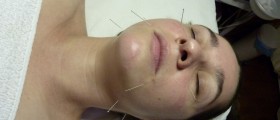

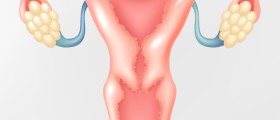
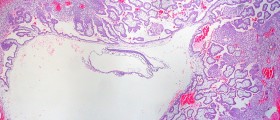
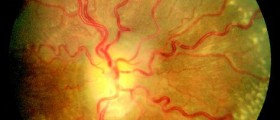
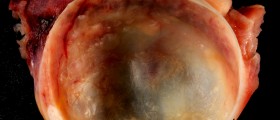
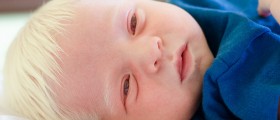
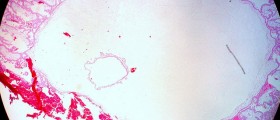




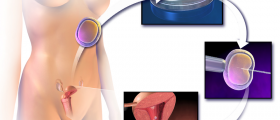


Your thoughts on this
Loading...